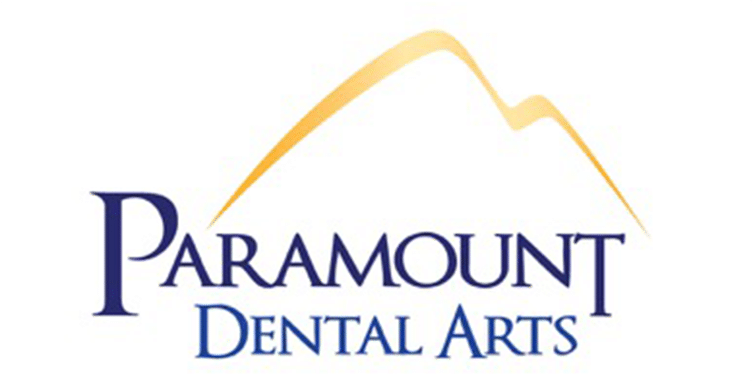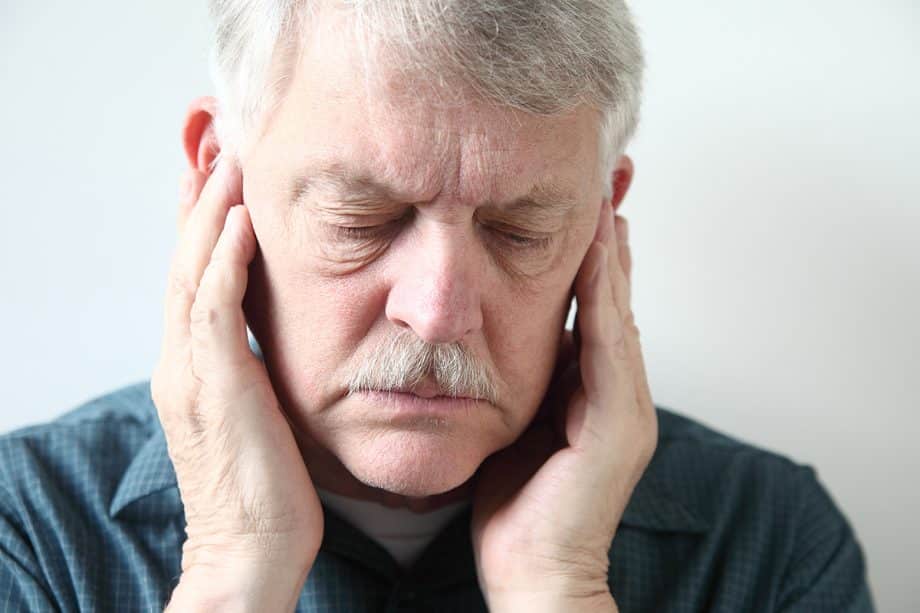TMJ, or temporomandibular joint syndrome, causes painful symptoms that can disrupt your ability to sleep, eat, and relax. Fortunately, TMJ responds well to many types of supportive and interventional treatment.
For many patients, TMJ goes away on its own. If your problem persists, your dentist can offer multiple ways to ease discomfort. These treatments may include:
- Rest and avoid wide jaw movements
- Diet changes
- Stress reduction techniques
- Heat therapy
- Custom oral appliances
- Medications
What is TMJ?
TMJ stands for the temporomandibular joint. Two of these joints connect your lower jaw (mandible) to your skull. They are complex joints known as sliding hinges, allowing your jaw to have an extensive range of motion.
When these joints experience overuse or inflammation, they can cause painful symptoms. TMJ pain can interfere with daily activities and significantly impact your quality of life.
Symptoms of TMJ
- Sore cheeks or jaws
- Myofascial pain in the muscles of the face, neck, and shoulders
- Ear pain
- Jaw tightness
- Jaw locking
- Painful chewing or difficulty chewing
- Clicking, grating, or popping sounds when opening the mouth, if accompanied by pain
Causes of TMJ
Arthritis
Arthritis in the temporomandibular joint often causes more severe cases of this disorder.
Injury or Trauma
Accidents and blows to the face frequently trigger TMJ. Trauma can cause dislocated jaws as well as displaced discs within the joint.
Teeth Grinding
Habitual teeth grinding or bruxism can exacerbate the condition. Patients who grind their teeth may overuse their temporomandibular joints, contributing to the problem.
The Connection Between Stress and TMJ
Researchers determined that stress and anxiety increase a patient's chance of developing TMJ disorders. Many patients clench or grind their teeth when anxious, leading to muscle and joint strain.
Effective Treatments for TMJ
At-Home Supportive Care
Many patients can experience significant symptom relief with non-invasive home care. Techniques include:
- Warm compresses.
- Gentle stretching.
- Eating a softer diet.
- Avoiding chewing gum.
- Paying close attention to stress levels.
Yoga and meditation may also help.
Oral Appliance Therapy
Your dentist can provide a custom-made acrylic splint that eases the strain caused by nighttime jaw clenching and teeth grinding, taking pressure off the jaw joints and allowing them to rest.
Botox Injections
Your dentist may recommend Botox injections to relax the inflamed muscles.
Surgery
In extreme cases, surgery may help patients with arthritis or jaw injuries.
Frequently Asked Questions About TMJ
Can TMJ result from a car accident?
Car accidents frequently result in TMJ, both as a result of physical injury to the joint and as a significant source of stress. If you experience jaw or facial pain after an accident, see your dentist as soon as possible.
Will TMJ go away on its own?
Many cases of TMJ do go away on their own, but supportive therapy and custom oral appliances can help you feel better faster.
Call Paramount Dental Arts
If you have any symptoms of TMJ, you may need a dentist with experience with this disorder. Please call our Clifton, NJ, office at 973-777-1772 to schedule a consultation. We look forward to helping you live a life free of TMJ.

